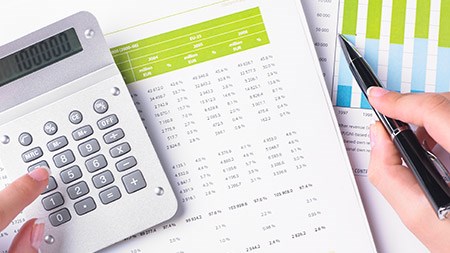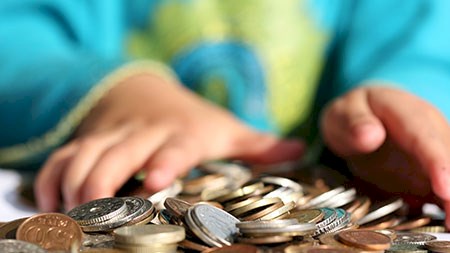Thirteen is an unlucky number for some - but not for those who get a year-end “thirteenth cheque”, and certainly not for those who can resist the impulse to spend this bonus all at once.
“There are several great things you can do with a bonus that will help you feel wealthier all year round,” says Shaun Rademeyer, CEO of BetterLife Home Loans, SA’s biggest mortgage originator, “and the most important of these is to reduce your debt, especially any debt that carries a high interest rate.
For example, do a quick calculation and add up just the interest you paid on your credit card this past year. This is how much you could save in the coming year by eliminating the outstanding balance – and using at least part of your bonus to get a head start on that goal.
Other ways to use a bonus to improve your financial future, he says, include the following:
Use the “envelope strategy” to stick to your budget for festive season spending. Decide with your family what you are going to spend on gifts and entertainment, and allocate an exact amount, or “envelope”, for each occasion or person. Of course it isn’t practical to go shopping with actual envelopes full of cash, but having a very detailed list - and specific plans for the rest of your bonus - will help you stay on track. You can also separate your festive season money from the rest of your money into a special electronic wallet or debit card account and leave your credit and store cards at home. For the adults and even teens on your list, consider gift vouchers for the specific amount you have allocated which they can use or put towards buying exactly what they want.
Save for January. You can stop this from being the longest, most miserable month of the year by putting aside some of your bonus to cover those extra costs we all tend to forget about in December. These might include school fees, uniforms and start-of-the-year items such as bags, shoes and stationery; medial aid and insurance premium increases; annual licence fees and subscription renewals as well as any additional bills or credit card charges that you did incur over the festive season.
Open a savings account. If your budget is free of high-interest debt, use at least some of your bonus to open a “rainy day” account – and set up a debt order to add to it every month. This is the account that will help you weather unexpected home and car repair costs, medical or family emergencies, and insurance excess payments, without derailing your household budget or racking up new credit card debt.
Advance your home ownership plan. If you are working towards buying your own home, boost your deposit savings with at least part of your bonus. The bigger deposit you can pay, the more likely you are to be approved for a home loan – and the smaller your monthly repayments will be.
If you are already a homeowner, a good option is to use your bonus – or at least part of it – to reduce the capital portion of your home loan. This could benefit you all year with a lower monthly instalment. Alternatively, if you keep your instalments the same, you can pay your home off faster and potentially save several years’ worth of interest.
Increase the value of your home. You may not be planning to sell your home right now, but using some of your bonus to improve the exterior appearance, the security measures or the garden at today’s prices could translate into significant savings – and a quicker sale – when it is time to go. And in the meanwhile, it will make it a delightful place to spend more holiday seasons with your family.




